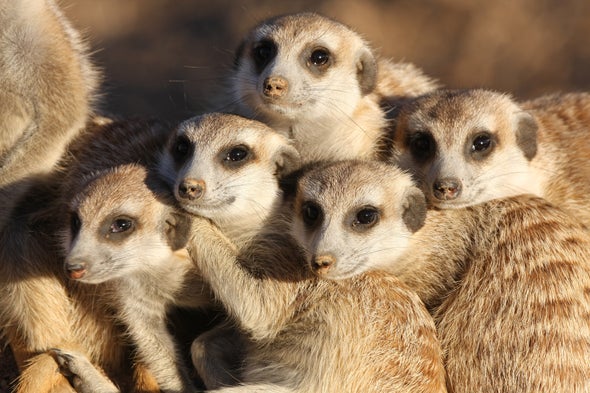West Siberian Laika Dog
INTRODUCTION
The West Siberian Laika or WSL, is a breed of spitz–type hunting dog. Russian publications indicate that the term West Siberian Laika loosely applied to hunting dogs originating with the Mansi and Khanty people in Ural and West Siberia, but there were no standards or registrations of WSL as such until 1930. Then WWII disrupted it for a while, but systematic breeding with registrations resumed after the war ended, in 1946. This was the time the breed began taking modern shape
- AVG. READING TIME: 5 MINUTES
- UPDATE: 10/11/2022
HABITAT : Quarry that reside in the trees, such as squirrel and sable
TEMPERAMENT : Affectionate, social dog
HYPOALLERGENIC : No
BREED GROUP / TYPE : Asian and Oceanian
SOCIAL UNIT : Observation
LOCATIONS : West Siberia
STATUS / POPULATION : .
MAMMALS: DOGS AND RELATIVES – CANIDAE
KEY FACTS
SCIENTIFIC CLASSIFICATION
Kingdom – Animalia
Phylum – Chordate
Class – Mammals
Order – Carnivora
Family – Canidae
Genus – Canis
Genus Species – Canis lupus familiaris
INTERESTING FACTS
1- The West Siberian Laika or WSL, is a breed of spitz–type hunting dog
2-The West Siberian Laika is a Spitz breed native to Russia that naturally developed over many hundreds of years to meet the needs of the local tribes
-
CALLING NAMES / SCIENTIFIC NAME
Calling names: Zapadno-Sibirskaïa Laïka , west siberian laika dog
Scientific name: Canis lupus familiaris -
COLOUR VARIATIONS
White, dun, red, gray and reddish-brown
-
COAT TYPE
Double Coat
-
LIFE SPAN
11 and 13 years
-
APPROXIMATE SIZE : LENGTH / HEIGHT
Height: Male: 54-60cm
Female: 52-58cm -
TAIL
The tail is the section at the rear end of certain kinds While tails are primarily a feature of vertebrates, some invertebrates including scorpions and springtails, as well as snails and slugs
-
WEIGHT
Male: 18-25kg
Female: 18-20kg -
BREEDING SEASON
February and March
-
REPRODUCTION / GESTATION PERIOD
Reproduction: during certain times of the year
Gestation period: 63 days -
LITTER SIZE
Three to seven puppies
-
LOOK A LIKE
Siberian Husky dog
-
FARM ANIMAL
Yes
-
FOUNDED IN / DISCOVERED
Introduce 1985
-
ORIGIN
Russia
-
DISTRIBUTION
All around the world
-
OCCURRENCE
Families: spitz
Species: taxonomic rank -
FUEL FOR LIFE / TROPHIC LEVEL
Carnivores
-
TO HUMANS
Their attitude to unfamiliar people varies individually and depending on the situation
-
AS A PET
Yes
-
KIDS FAVOURITE
Yes





